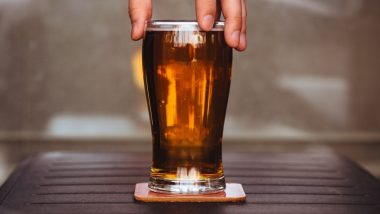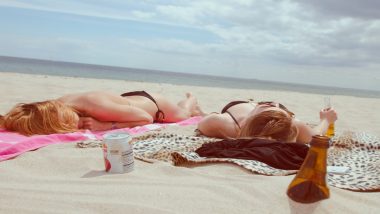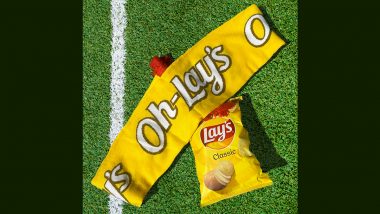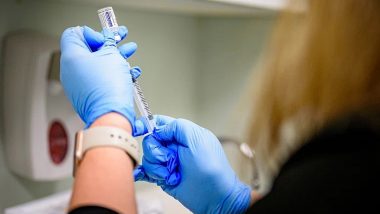Another day, another crazy TikTok trend. The term is "beer tanning", and it clearly means using beer to get a tan. Of course, health professionals are not happy! Dangerous viral trends are nothing new on social media. As the name implies, the most recent TikTok hack entails slathering oneself in beer in an effort to get a better tan. The idea, according to Forbes, is that the alcohol's hops can assist in activating melanin, a pigment-producing substance in your skin, which will help you develop a darker, more even tan. '75 Hard' TikTok Challenge: Know Everything About the Viral TikTok Trend Which Got a Canadian Woman Hospitalised.
Social media users have taken an interest in the fad, and searches for "beer tan" have generated massive views on TikTok. Dermatologists have, however, raised concern over this most recent trend and even recommended individuals avoid it. It's crucial to remember that there is no scientific proof to back up the efficacy or safety of using beer for tanning. The idea is merely sensational and controversial. It is unsupported by science to apply beer to the skin in the hope of enhancing tanning.
More importantly, this approach offers no defence against the damaging effects of solar ultraviolet (UV) radiation. Additionally, pouring beer on oneself, according to dermatologists, can leave people smelling terrible. Additionally, attempting to drink and tan at the same time offers health dangers because alcohol consumption can increase the chance of getting sunburn and skin cancer. TikTok Challenge Turns Fatal! Viral Trend on Chinese Video-Sharing App Leaves US Teen Disfigured With 80% Third-Degree Burns.
Contrary to popular perception, beer has an SPF of 0 and provides no sun protection. Even while wearing sunscreen, pouring beer on oneself has the ability to remove the barrier, leaving the skin exposed to the sun's damaging ultraviolet (UV) radiation. In addition, it is untrue for some people to believe that acquiring a tan can shield them from sunburn or other types of skin harm. While exposure to UV radiation boosts the synthesis of melanin, the level of protection is limited, only offering an SPF of two to four, well below the SPF 15 that is advised by the US Food and Drug Administration (FDA).
Premature ageing, actinic keratoses, and various forms of skin cancer, such as melanoma, basal cell carcinoma, and squamous cell carcinoma, are examples of long-term impacts. Dermatologists advise using less hazardous methods to develop a healthy tan. A tried-and-true strategy for preventing the skin from damaging UV radiation while still allowing for a tan is to use sunscreen with at least SPF 30. Beta-carotene-rich foods, such as carrots, sweet potatoes, and kale, can also help you get a natural tan without becoming sunburned.
(The above story first appeared on LatestLY on Aug 03, 2023 01:37 PM IST. For more news and updates on politics, world, sports, entertainment and lifestyle, log on to our website latestly.com).









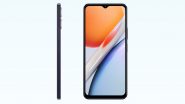



 Quickly
Quickly









